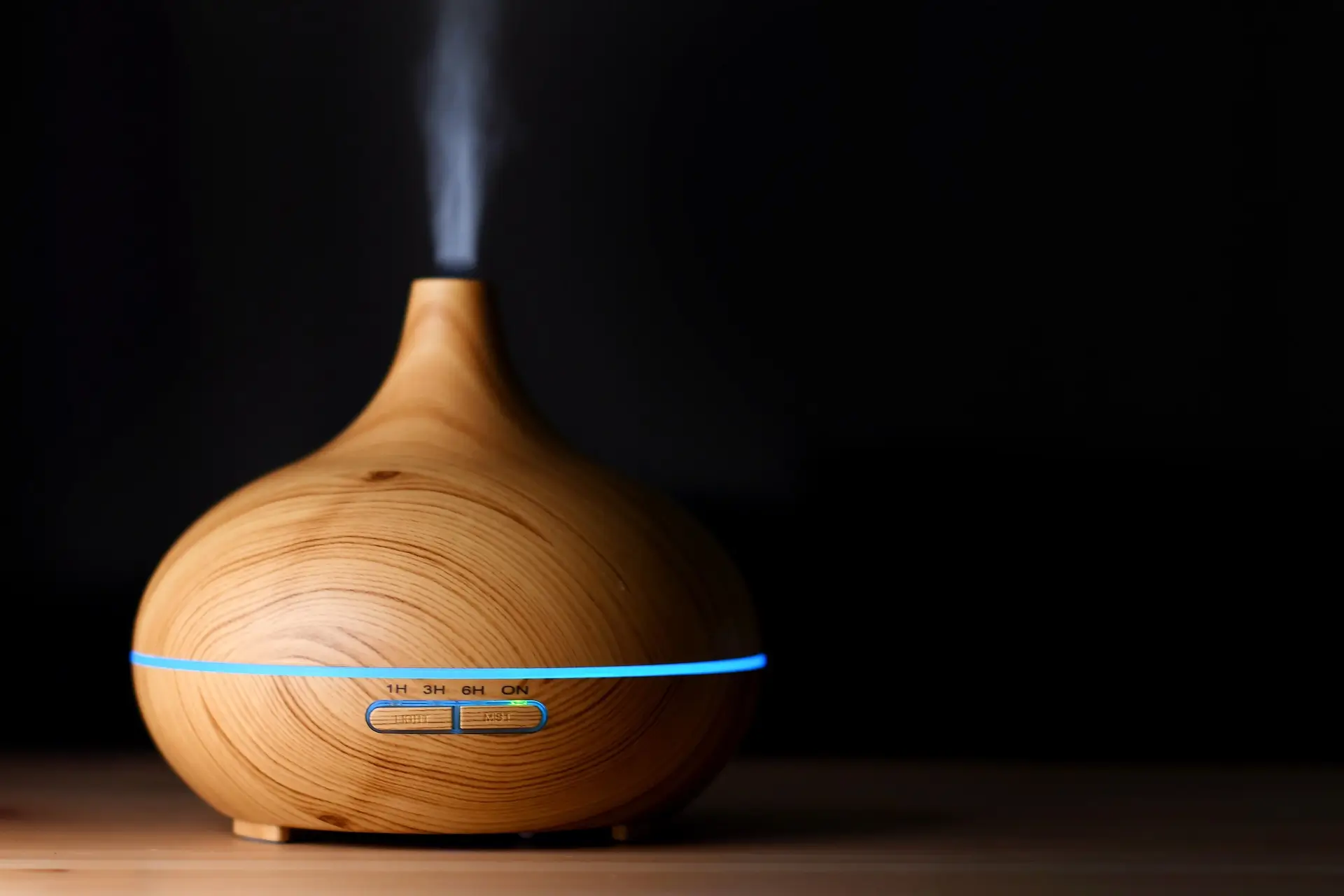Struggling with allergy symptoms? Wondering if a humidifier can offer relief? This comprehensive guide explores the science behind humidifiers and allergies, offering insights on their effectiveness and best practices for use.
Can Humidifiers Help Allergies? Exploring the Science and Strategies for Relief
For allergy sufferers, dry winter air can be a nightmare. Itchy eyes, scratchy throat, and constant congestion – these symptoms can significantly impact your quality of life. You might have heard that humidifiers can alleviate these issues, but is there any truth to this claim? This blog dives deep into the relationship between humidifiers, allergies, and how they can potentially help manage your symptoms.
Understanding Allergies: The Root of the Problem
Allergies occur when your immune system overreacts to harmless substances, like pollen, dust mites, or pet dander. These allergens trigger the release of histamines, which cause inflammation and the all-too-familiar allergy symptoms.
How Dry Air Impacts Allergies:
Dry air can worsen allergy symptoms in several ways:
- Dry Mucous Membranes: Healthy mucous membranes in your nose and throat act as a trap for allergens. Dry air dries out these membranes, making them less effective at trapping allergens, allowing them to enter your airways and trigger an allergic response.
- Increased Irritants: Dry air can cause dust and allergens to become airborne more easily, increasing your exposure.
- Congestion and Irritation: Dry air can thicken mucus, leading to congestion and irritation in your nasal passages, worsening allergy symptoms like a runny or stuffy nose.
Humidifiers and Allergy Relief: Examining the Evidence
Humidifiers add moisture to the air, potentially improving allergy symptoms in specific ways:
- Soothes Dry Membranes: Moisture from a humidifier can help rehydrate mucous membranes in your nose and throat, making them more effective at trapping allergens and preventing them from entering your airways.
- Reduces Irritability: Moist air can soothe irritated nasal passages, potentially easing symptoms like a sore throat or scratchy cough.
- Thins Mucus: Humidity can help thin mucus, making it easier to clear congestion and alleviate symptoms like a stuffy nose.
However, it’s important to understand that humidifiers are not a cure-all for allergies. Here’s a breakdown of the research:
- Some Studies Show Benefits: Studies suggest that using a cool mist humidifier can provide some relief from allergy symptoms, particularly during dry winter months.
- Balance is Key: Excessive humidity can actually worsen allergies by creating a breeding ground for mold and dust mites, which can further trigger allergic reactions.
Using a Humidifier for Allergy Relief: Maximizing Benefits and Avoiding Risks
If you’re considering using a humidifier for allergy relief, here are some key points to remember:
- Ideal Humidity Level: Aim for a humidity level between 40% and 60%. A hygrometer can help you monitor humidity levels in your home.
- Cool Mist Humidifiers: Opt for cool mist humidifiers, as warm mist models can irritate nasal passages.
- Cleanliness is Crucial: Regularly clean your humidifier according to the manufacturer’s instructions to prevent mold growth and bacterial contamination, which can worsen allergy symptoms.
- Distilled Water: Consider using distilled water to prevent mineral buildup in your humidifier, which can disperse into the air and irritate allergies.
Alternative Strategies for Allergy Management: A Multi-Pronged Approach
While humidifiers can offer some relief, a comprehensive approach to allergy management is crucial. Here are some other strategies to consider:
- Identify and Avoid Triggers: Knowing your allergy triggers – pollen, dust mites, pet dander – allows you to minimize exposure. Invest in air purifiers and regularly clean carpets, bedding, and furniture.
- Over-the-Counter Medications: Antihistamines and decongestants can effectively alleviate allergy symptoms. Consult your doctor to determine the best medications for your needs.
- Allergy Shots (Immunotherapy): Allergy shots can be a long-term solution for managing allergies. They work by gradually desensitizing your immune system to allergens.
Consulting Your Doctor: Finding the Right Relief
If allergies are significantly impacting your quality of life, it’s essential to consult your doctor. They can diagnose your specific allergy triggers and recommend the most effective treatment plan for your individual needs. This may include medication, allergy shots, or a combination of approaches.
Conclusion: Breathing Easier with a Multi-Faceted Approach
Humidifiers can be a helpful tool in managing allergy symptoms, but they’re not a standalone solution. By understanding the science behind how dry air affects allergies, you can determine if a humidifier could be beneficial. However, remember:
- Balance is Key: Maintain a humidity level between 40% and 60% to avoid creating a breeding ground for mold and dust mites.
- Cleanliness is Crucial: Regular cleaning prevents mold growth and bacterial contamination, which can worsen allergies.
- Consider Other Strategies: Pair humidifier use with allergy-proofing your home, over-the-counter medications, or consulting your doctor about allergy shots for a comprehensive approach to symptom management.
Living with allergies doesn’t have to mean constant misery. By adopting a multi-faceted approach that includes a humidifier (used correctly!), other preventative measures, and potentially consulting your doctor, you can breathe easier and reclaim your quality of life.



